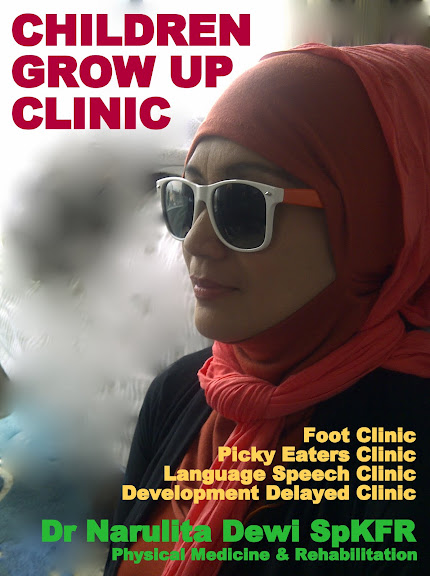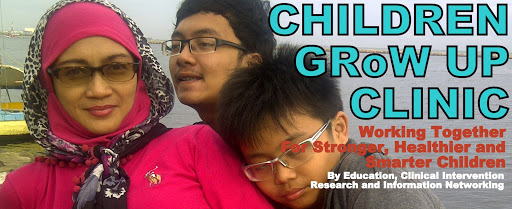Trajectories of maternal depressive symptoms predict child problem behaviour: The Generation R Study.
Cents RA, et al.
Psychol Med. 2012 Apr 11:1-13.
Source: The Generation R Study Group, Erasmus MC-University Medical Centre, Rotterdam, The Netherlands.
Abstract
BACKGROUND: It is unclear how the course of maternal depressive symptoms affects child development. We modelled trajectories of maternal depressive symptoms from mid-pregnancy to 3 years after childbirth to better determine their associations with child problem behaviour.MethodMother-child dyads (n=4167) participated in a population-based prospective cohort in The Netherlands. Depressive symptoms were assessed with the Brief Symptom Inventory during pregnancy and at 2, 6 and 36 months postnatally. When children were 3 years old, problem behaviour was assessed with the Child Behaviour Checklist completed by each parent. A group-based modelling technique was used to model trajectories of maternal depressive symptoms and to examine their association with child problem behaviour. The added value of trajectory modelling was determined with successive linear regressions.
RESULTS: We identified four trajectories of maternal depressive symptoms; ‘no’ (34%), ‘low’ (54%), ‘moderate’ (11%) and ‘high’ (1.5%). Child problem behaviour varied as a function of maternal trajectory membership. Whether rated by mother or father, children of mothers assigned to higher trajectories had significantly more problem behaviours than children of mothers assigned to lower trajectories. The model including trajectories had additive predictive value over a model relying only on a summed repeated measure of severity and a predefined chronicity variable.
CONCLUSIONS: Depending on their course, maternal depressive symptoms have different effects on child problem behaviour. More information is gained by studying trajectories of symptoms, than only predefined measures of severity and chronicity. Moreover, trajectories can help identifying clinically depressed mothers who are possible candidates for early interventions.
supported by
CHILDREN GRoW UP CLINIC Yudhasmara Foundation Inspirasi Orangtua Cerdas, Tumbuhkan Anak Semakin Sehat, Kuat dan Pintar
 CHILDREN GRoW UP CLINIC I Jl Taman Bendungan Asahan 5 Bendungan Hilir Jakarta Pusat 10210, phone (021) 5703646 – 44466102
CHILDREN GRoW UP CLINIC I Jl Taman Bendungan Asahan 5 Bendungan Hilir Jakarta Pusat 10210, phone (021) 5703646 – 44466102- CHILDREN GRoW UP CLINIC II MENTENG SQUARE Jl Matraman 30 Jakarta Pusat 10430, phone (021) 44466103 – 97730777
- email :
- http://childrengrowup.wordpress.com
WORKING TOGETHER FOR STRONGER, SMARTER AND HEALTHIER CHILDREN BY EDUCATION, CLINICAL INTERVENTION, RESEARCH AND NETWORKING INFORMATION . Advancing of the future pediatric and future parenting to optimalized physical, mental and social health and well being for fetal, newborn, infant, children, adolescents and young adult
LAYANAN KLINIK KHUSUS “CHILDREN GRoW UP CLINIC”
PROFESIONAL MEDIS “CHILDREN GRoW UP CLINIC”
|
Clinical – Editor in Chief :
 Dr WIDODO JUDARWANTO SpA, pediatrician
Dr WIDODO JUDARWANTO SpA, pediatrician
- email :
- curriculum vitae
- For Daily Newsletter join with this Twitter https://twitter.com/WidoJudarwanto
Information on this web site is provided for informational purposes only and is not a substitute for professional medical advice. You should not use the information on this web site for diagnosing or treating a medical or health condition. You should carefully read all product packaging. If you have or suspect you have a medical problem, promptly contact your professional healthcare provider

Copyright © 2012, CHILDREN GRoW UP CLINIC Information Education Network. All rights reserved











